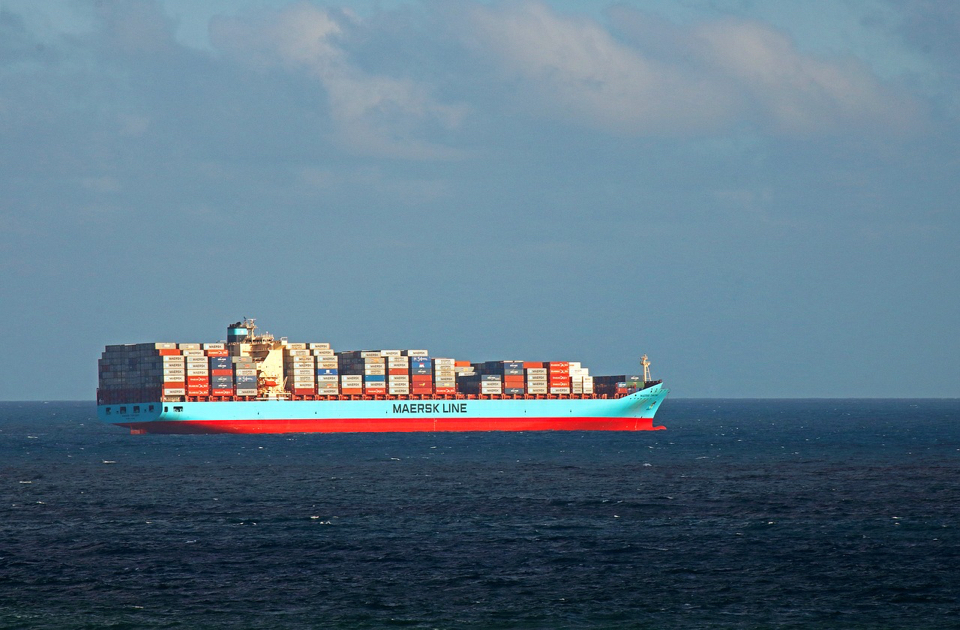Container carrier company Maersk expects volumes may fall by up to 25 per cent in the second quarter of this year due to the corona crisis. CEO Søren Skou says the year will be challenging, but says the company is ‘strongly positioned to weather the storm.’
According to Skou, ‘visibility remains low as a result of the COVID-19 pandemic’, but he expects the drop in volumes to impact all Maersk’s businesses. Due to the current uncertainty, the company gives no full year guidance for 2020.
With a bandwidth of 20 to 25 per cent shrinkage, Skou is on a par with top executive of the Port of Rotterdam Authority Allard Castelein, who previously also said he was expecting a volume loss of twenty to thirty per cent in the second quarter.
Earnings
In its first quarter update, Maersk says it had a financially strong start to the year and that the company kept momentum despite the Covid-19 pandemic’s impact on global trade. Skou: ‘Operating earnings increased by 23 per cent year-on-year, and cash return on invested capital increased by 3.5 percentage points to 10.5 per cent. The strong results were made during a quarter with sharp fuel cost increases derived from the industry’s switch to low-sulphur fuel and on the backdrop of a contraction in global trade due to lockdowns in most regions.’
Earnings before interest, tax, depreciation and amortisation (EBITDA) improved 23 per cent to USD 1.5 billion compared to Q1 last year and the EBITDA margin increased to 15.9 per cent. Revenue increased slightly to USD 9.6 billion, despite lower volumes and mainly driven by Ocean.
In Ocean, EBITDA increased 25 per cent to USD 1.2 billion in Q1 2020. The company says this was driven by factors such as the ‘self-supply bunker strategy’, aimed at limiting the increase in costs resulting from the ban on high-sulphur fuels, and adjustments in capacity mitigating the lower volumes related to Covid-19.
Blank sailings
More than ninety sailings were blanked, leading to a decline of 3.5 per cent in Maersk’s average deployed capacity in Q1. For Q2, the company will continue to take measures to mitigate the impact of declining demand. Unit cost at fixed bunker decreased by 2.3 per cent, mainly due to optimisation in capacity, which offset the lower volumes.
The global market growth in demand for containers is expected to contract in 2020 due to COVID-19 (previously between 1-3% growth). Organic volume growth in Ocean is expected to be in line with or slightly lower than average market growth.
The company did see a spike in the usage of digital services, which allows to manage their supply chains remotely. The Maersk app for example experienced an 86 per cent increase in usage.








